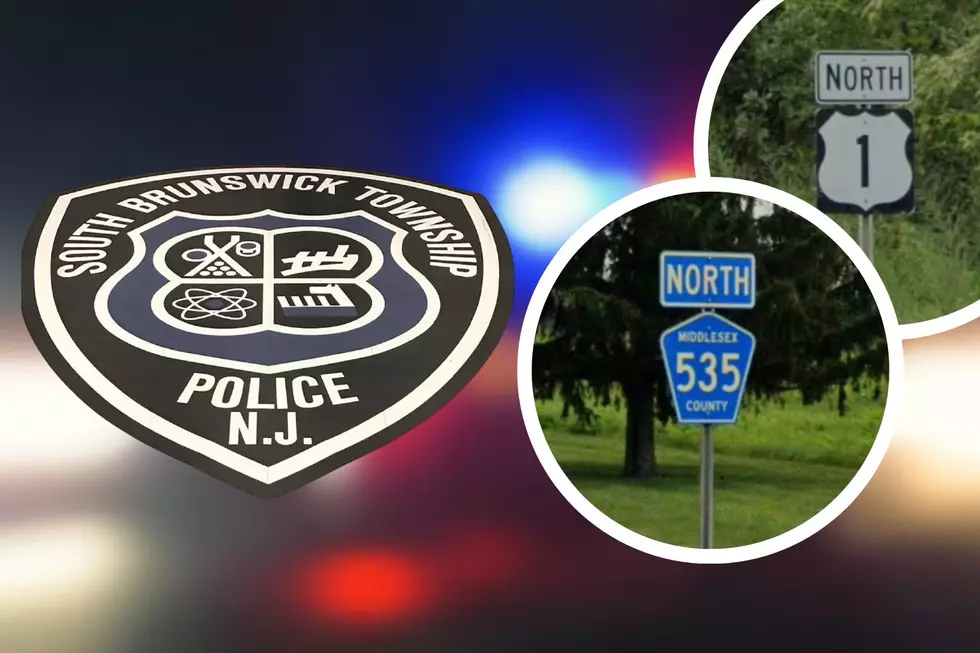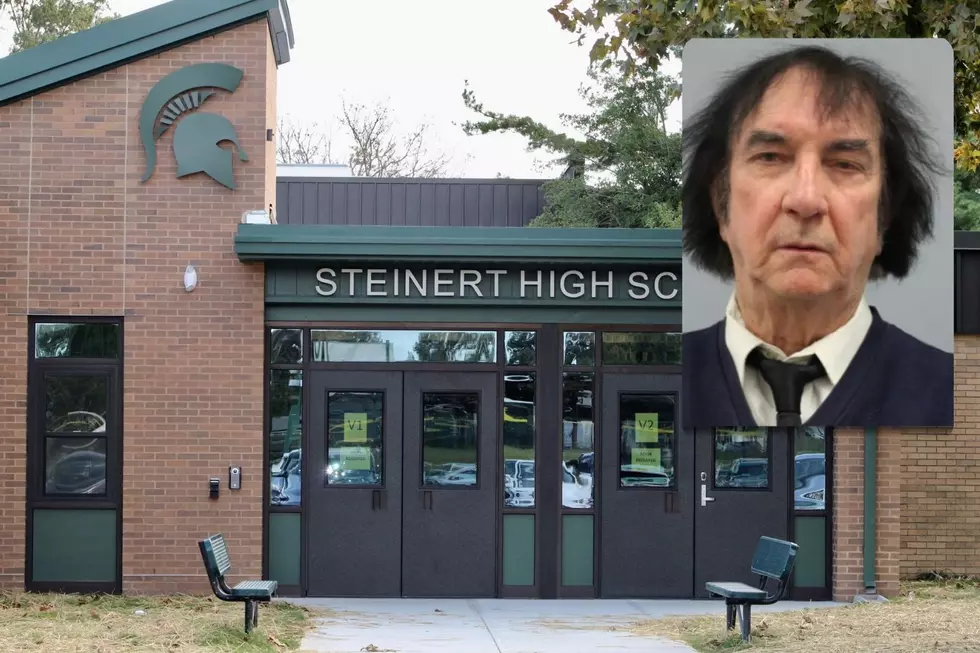
Safety agency seeks ideas on getting more recall fixes done
WASHINGTON (AP) -- Frustrated that cars recalled for serious safety defects aren't getting fixed quickly enough, the nation's auto safety chief is hosting a gathering of automakers ay to search for solutions.
In some recalls for problems as serious as air bags that can spew shrapnel into drivers or fuel tanks that can rupture in a rear-end crash, completion rates are below 15 percent, six months or more after the recalls were announced.
These recalls involve millions of vehicles, challenging automakers to find both replacement parts and the cars' owners. Regulators at times have fined automakers for dragging their feet. Meanwhile, concerned car owners are left waiting for repairs and worrying about the safety of their vehicle.
So, National Highway Traffic Safety Administration chief Mark Rosekind asked for ideas Tuesday from auto companies and safety advocates on how to boost what he called unacceptable completion rates. On average, automakers fix 75 percent on cars covered by a recall in 18 months.
Rosekind said getting to 100 percent repair rate "translates into saving lives and preventing injuries." It "will be a real challenge but it has to be our ambition."
General Motors, once fined by NHTSA for moving too slowly to recall small cars with faulty ignition switches, was praised by the agency for new methods of reaching owners.
GM said that as of early April, 70 percent of the U.S. owners had been in for the service, 14 months after the recalls began. The switches, which can slip out of the run position by surprise, causing engines to stall, are linked to at least 90 deaths.
GM started the recall slowly because its parts supplier had to equip factories to make the switches for 2.6 million cars like the Chevrolet Cobalt.
But GM customer relations executive Julie Heisel told the group it boosted the repair rate by going beyond the usual recall letter, adding e-mails, human and automated telephone calls and social media. For example, the company checked its database of small-car owners against people using Facebook, AOL and other social media sites, she said.
"When someone goes on one of those websites and there's a match, we push an ad to that consumer" urging them to get the recall repairs done, she said.
One case that troubles Rosekind is Takata Corp. In the past three years, 17 million vehicles have been recalled because air bag inflators made by the Japanese parts supplier can explode with too much force, blowing apart a metal canister. U.S. Sen. Bill Nelson, D-Florida, said Monday that the problem has caused six deaths and 105 injuries.
Honda, which is Takata's largest customer, said it has fixed just over 1.5 million inflators out of 8.1 million being recalled -- a completion rate of 19 percent. Some of the recalls date to 2013. Honda said the recalls are taking a long time because Takata has to get replacement air bags to 10 different automakers. Honda and Takata have lined up other suppliers to build inflators, and Takata says it has increased production.
But a lack of parts means Honda owners are being turned away by dealers, leaving some afraid to drive their vehicles.
Lynn Jones-Finn, a retired child welfare worker from Berkeley, California, has been driving her 2001 Honda Civic for 14 years without incident. She received a recall notice on March 31 and contacted her dealer in mid-April, only to be told parts weren't available and wouldn't be for at least three weeks.
"I'm disappointed in Honda because I trusted Honda," she said. "I'm not happy they're not moving to fix it when they say it could kill me."
The dealer has since offered Jones-Finn a loaner car, which she plans to use. Honda says loaners are available to owners of recalled cars concerned for their safety.
NHTSA, Takata and the auto industry are trying to find out exactly what's causing the inflator problems.
In another big recall, Fiat Chrysler said recently it has fixed only a fraction of 1.56 million older-model Jeeps that have gas tanks behind the rear axle, making them vulnerable to puncture in a rear-end crash. The company, which makes Jeeps, said in letters posted in April that just 4 percent of Grand Cherokees and 27 percent of Libertys recalled had gotten the fix -- a trailer hitch to protect the tanks in low-speed crashes.
NHTSA may reopen its investigation and says it is considering action against Chrysler to speed up the pace. Chrysler maintains the Jeeps are safer than other vehicles of the era and that it's made extra efforts to reach owners.
(Copyright 2015 The Associated Press. All rights reserved. This material may not be published, broadcast, rewritten or redistributed.)
More From New Jersey 101.5 FM









